Eat for Better Sleep During Menopause: Do’s and Don’ts Diet for Menopause
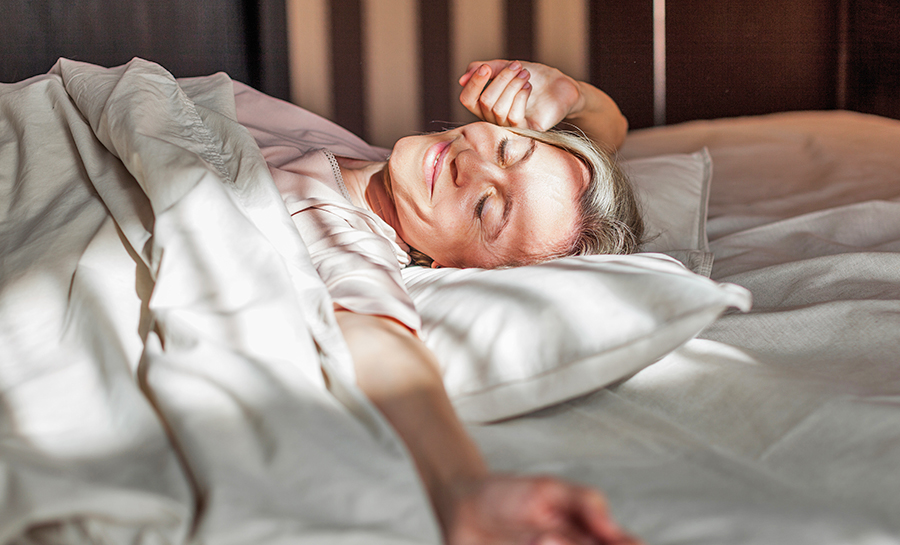
If you’re reading this article, you’re probably tired and going through menopause. And you’re not alone.
Sleeping badly is one of the many side effects of the change, and it leads to everything from a lack of energy to depression. Fortunately, there are ways to make menopause a little easier, and as usual, one of them is incorporating a menopausal diet.
While we can’t hit pause on menopause, we can combat some of the effects by adjusting our diet.
Let’s dive into how you can improve the quality of your sleep with a nutritious diet for menopause, so you can join women around the world in eating your way to a better night’s sleep.
Add This Yin Yoga Class To Your Nighttime Routine for Better Sleep
Deeply relaxing and calming, Yin Yoga has the power to melt away physical tension and mental stress to prepare your body for a great night’s sleep so you can wake up feeling energized, refreshed, and ready to thrive. Try adding in this online yoga class from YA Classes to your evening routine!
Why Menopause Affects Your Sleeping Habits
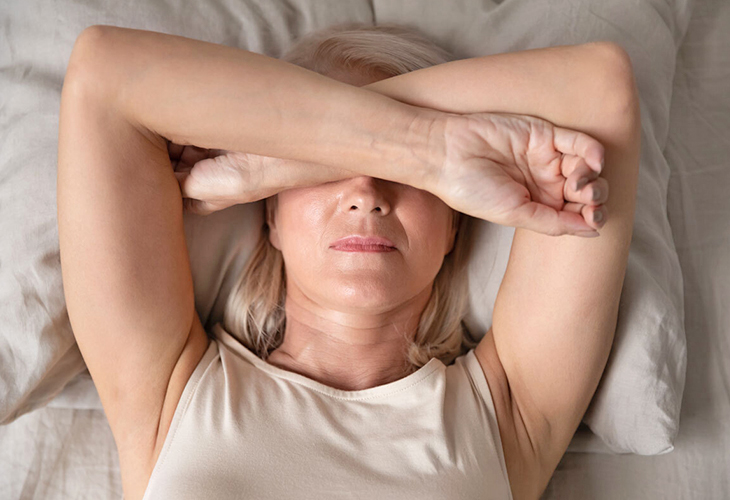
According to medical experts at The National Institute On Aging, menopause is officially confirmed 12 months after your last period. However, the symptoms associated with transitioning into this phase of life may last for many years. Unfortunately, disturbed sleep is one of the most frustrating and disruptive of these symptoms.
Your body’s production of progesterone and estrogen decreases dramatically during menopause. These hormones play a pivotal role in sustaining a healthy circadian rhythm. Therefore, when production levels drop, you’ll experience difficulty falling asleep. And, when you eventually drift off, you’ll likely wake up multiple times throughout the night.
Menopausal women have to deal with several physical and emotional symptoms which further disrupt sleep. Hot flashes will repeatedly awaken you. Furthermore, heightened feelings of anxiety—a common symptom of menopause—will prevent you from being able to relax.
However, while we can’t hit pause on menopause, we can combat some of these effects by adjusting our diet. What we eat plays a role in how well we sleep, so a few minor dietary changes can go a long way. Keep reading to understand how a diet for menopause will support your zzz’s.
Looking for more ways to improve your sleep? Read: What Is Yoga Nidra? Learn All About Yogic Sleep Here
Diet for Menopause: Here Are the 3 Best Foods to Eat for a Better Night’s Sleep:
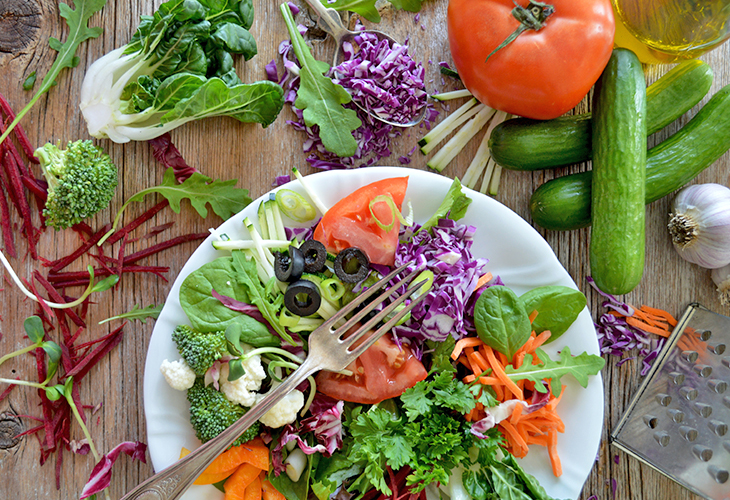
Certain food types will calm your nervous system and encourage your body and mind to transition into a relaxed state. There’s an expansive body of research on this issue and according to sources like The American Journal of Clinical Nutrition, the most popular sleep-inducing foods include:
1. Whole Grains
Whole grains are surprisingly rich in a number of sleep-promoting nutrients and vitamins. They are high in fiber while also offering a range of essential B-group vitamins. Tryptophan is an amino acid found in whole grains. It’s proven highly effective for bolstering the production of melatonin and serotonin. In tandem, these hormones improve your mood and encourage steady sleep cycles.
2. Nuts and Seeds
It’s highly encouraged to nibble on a few nuts and seeds before getting into bed. Ideally, you should eat walnuts, almonds, or pumpkin seeds. Seeds contain tryptophan and they’re also a rich source of magnesium and omega-3 fatty acids; both of which promote relaxation.
Looking for other articles on health and wellness? Check out our full library of Nutrition articles here
3. Vegetables and Fruits
While the health benefits associated with fruits and vegetables are well known, they’re also scientifically proven to support a healthy circadian rhythm. Fruits and vegetables are rich sources of potassium, magnesium, vitamin C and lycopene, all of which encourage sleep. Kiwis, bananas, oranges, and leafy greens are among the most popular food sources for a rejuvenating night of sleep.
The Power of Potassium: Learn the Major Benefits + How To Get Enough In Your Diet
3 Foods That Affect Sleep for Menopausal Women and Should Be Avoided:
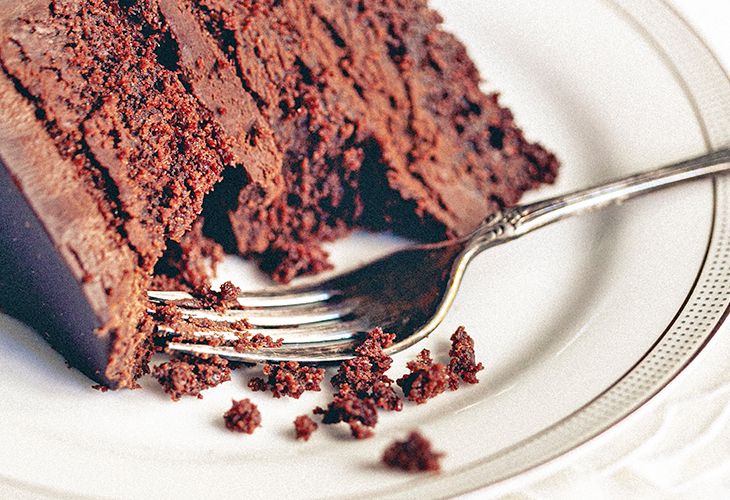
1. Sugars
Food that contains high quantities of processed sugar will spike your blood sugar levels, leaving you feeling energetic and awake. Additionally, sugar can make hot flashes more intense and more frequent, thus preventing you from falling asleep in the evenings.
2. Spice
Eating spicy food is likely to lead to intense hot flashes and can also spike anxiety levels. Both are undesirable and will prevent you from falling asleep.
3. Cacao
Now that we’ve covered sugar and spice, next on the list is ‘all things nice’—but not really. Cacao is in many sweet and chocolaty delights. It is, unfortunately, a stimulant and so it detracts from the quality of your sleep. Try to substitute your evening hot chocolate with a healthier, and less stimulating, alternative.
Why Certain Foods and Nutrients Benefit Menopausal Women
Menopause comes with a host of physiological changes; many of which will alter the way you experience your body. Foods that assist menopausal women with sleep, address these shifts at a hormonal and nutritional level. Caring for these building blocks of health allows you to work towards establishing a steady sleep cycle.
Foods that assist menopausal women with sleep, address these shifts at a hormonal and nutritional level.
For example, the omega-3 fatty acids found in nuts and seeds combat inflammation, thus assisting in comfortable and undisturbed sleep. Calcium, a mineral found in leafy greens and whole grains, effectively minimizes stress while maintaining bone health. This mitigates against other uncomfortable side effects of growing older—all of which impact your quality of sleep.
When to Eat the Correct Diet for Menopause Foods
We’ve laid out the overarching food categories that encourage or hinder sleep for menopausal women. However, it’s important that your diet for menopause transition is sustainable and doesn’t prevent you from experiencing the joy and pleasure of good food.
With that in mind, we can propose a relatively simple strategy. If you still want to consume the foods you need to avoid, then do so earlier in the day, and keep consumption to a minimum. These foods can induce hot flashes at any time, so you want to ensure that your body has time to process them before you try to sleep.
As one of the healthy habits you can adopt, you should eat foods that encourage a healthy circadian rhythm as you start winding down for the evening. You want to allow yourself time to transition into a state of relaxation while your body extracts medicinal sleep-enhancing vitamins and minerals. Plus, eating right before bed isn’t ideal for encouraging sleep at any stage of life.
Need other great ideas to help you fight insomnia? Read: Have Trouble Sleeping? Practice These 4 Yoga Poses For Insomnia
How to Change Your Diet as You Go Through the Change
Everyone experiences the change in a unique way. For some, the onset is gradual, for others, it comes on rapidly. However, 63% of women report feeling drowsy during menopause, so sleep, or the lack thereof, is a common issue.
Fortunately, with a little self-compassion and welcoming a diet for menopause, you can navigate this profound time of change while living life on your terms. The trick is to make slow and incremental adjustments to your daily habits.
You know yourself and your body best. There will be some sleep-enhancing foods that you simply cannot stomach, and that’s okay. Or you may crave curry from time to time.
Allow yourself the space and the flexibility to find a solution that suits your personal needs and desires. Once your circadian rhythm is back on track, you can feel empowered and energetic every day, regardless of the changes your body is going through.
All included information is not intended to treat or diagnose. The views expressed are those of the author and should be attributed solely to the author. For medical questions, please consult your healthcare provider.



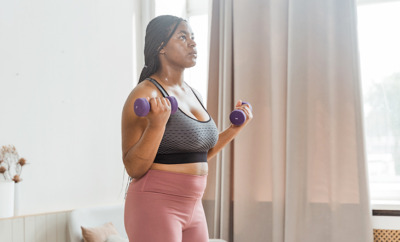


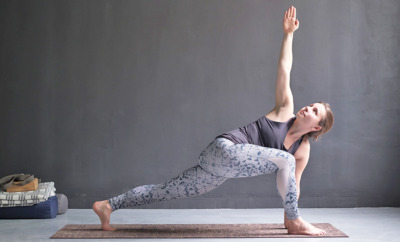





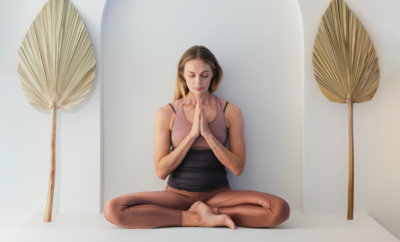
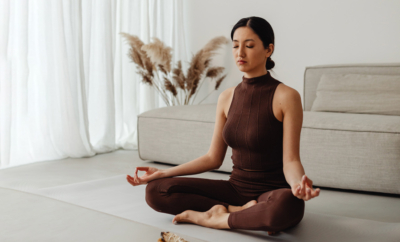

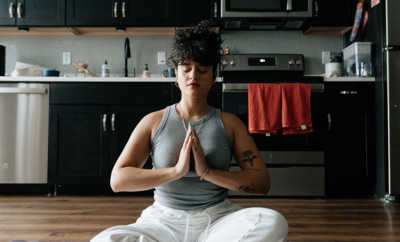



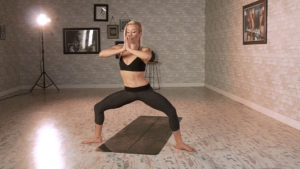
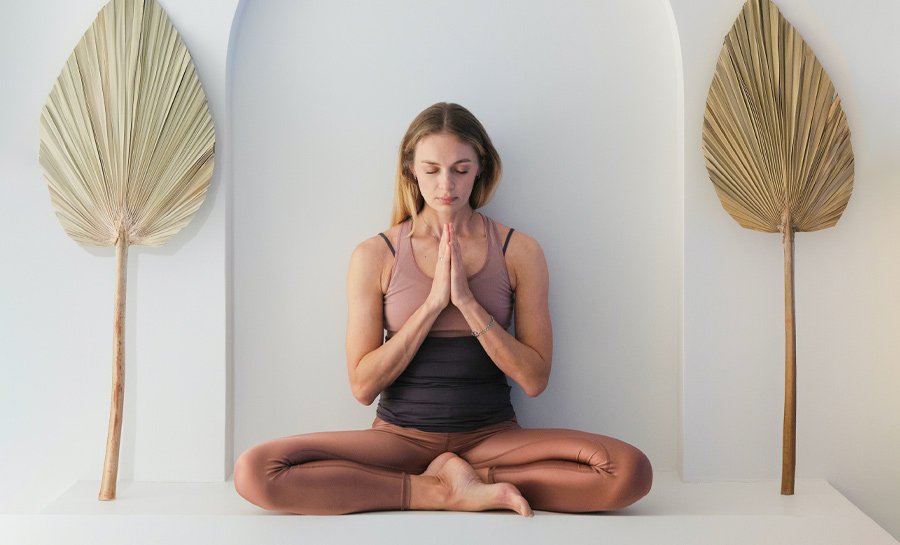





Comments